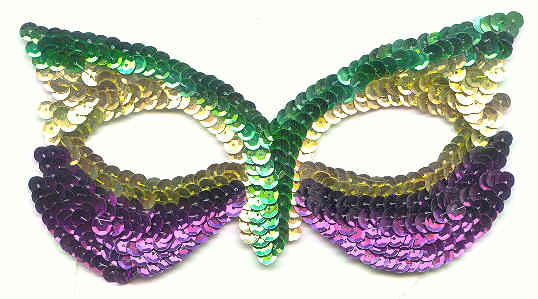
Helping New Orleans
© Teresa Kellerman
September 6, 2005
www.fasstar.com

When I think of New Orleans, I think of Fetal Alcohol Spectrum
Disorders (FASD). That's because I'm always thinking of FASD, and I always
seem to find a connection between FASD and whatever else I think about.
Actually, when I think of New Orleans, I think of Mardi Gras and the French Quarter Ė party time, 365 days a year. I think of the tremendous amount of alcohol consumed, and I wonder how many babies are born
prenatally exposed to alcohol. See how I think?
People with FASD comprise about one percent of the population in typical American communities. Even more people are significantly affected who might not get a diagnosis.
About 1.3 million people lived in New Orleans and its suburbs, and one million of them evacuated before Hurricane Katrina arrived. Why did the remaining 30,000 not leave? They didnít leave, because they couldnít. Those who stayed behind after everyone else evacuated include: the sick and dying; physically disabled persons; those with mental illness; those with developmental disabilities; elderly folks; alcoholics and addicts; dependents; the homeless; people without transportation; those who did not have any other safe place to evacuate to; people willing to risk their lives to protect their personal property; people who just didn't know what to do; professionals and employees in service industries such as hospitals, nursing homes, group homes, prisons; and a few stubborn fools.
There is also the group that has captured media attention - the "degenerates" (as some news media described those who stayed to loot and prey on the vulnerable). These law-breaking marauders without a conscience are most likely to have a history of prenatal alcohol exposure, genetic background of inherited mental health disorders, and a lack of stable family environment, all factors that pushed them into the life they now lead. Psychological evaluations would reveal diagnoses such as sociopath, psychopath, or reactive attachment disorder. Should they be held accountable? Of course. Just remember this is a small group, they may not all be capable of reasonable conduct, and judgment of their crimes should not be imposed upon all those others who were still there when Katrina hit the coast.
One would think the state of Louisiana must have a high rate of drinking among women of childbearing age. When we see the television reports of the rescues, we see so many of the poor people and people of color, and many of us automatically think there must be a high rate of drinking. If you check the most recent government report on alcohol consumption by state, you will find that the rate of drinking among pregnant women in Louisiana is even with the national average, and that the rate is somewhat higher in Arizona. So who was doing all that drinking we saw going on in the French Quarter? Tourists - white, middle class tourists. And that is one of the groups at highest risk of drinking during pregnancy according to CDC research. The truth is, wherever there is alcohol consumption, there is a risk of prenatal alcohol exposure. And New Orleans certainly has itís 1% share of individuals with FASD.
I'm sure that many of the estimated 10,000 people with FASD in that area were still there when Katrina arrived, and they were probably among the sick, homeless, disabled, dependent, stubborn, foolish, car-less, clueless, and the "degenerates" who did not or could not evacuate New Orleans in time.
As groups come together in communities around the world on FASD Awareness Day on September 9th, I urge everyone to be aware of the
Hurricane Katrina survivors who may have FASD and the families and agencies providing care for them, if they are so fortunate to have a circle of support at this time. When
our local support group met a few days ago, no one talked about Hurricane
Katrina or the plight of the victims and the desperation of the survivors.
I believe that is because the families have been living in a desperation of
their own, struggling constantly to help their children survive - literally - in
a world that does not recognize their plight, unable to get help from a
government system that does not acknowledge their needs. Life for these
families is already crisis-ridden, stressful beyond reason. Life for FASD
families in the middle of Hurricane Katrina must be almost unbearable.
When these families come to our community for help, I hope we can be aware of
their needs and reach out and offer them comfort and support.
And I especially ask everyone to be aware of the danger that lurks in our own
communities in the aftermath of the hurricane. As fundraising efforts begin to help clean up and rebuild the city of New Orleans, there are bound to be countless Mardi Gras type events with alcohol consumption the center focus of the events.
When planning or attending such an event, please help all be aware of the danger of drinking among those of childbearing age, even those who are using birth control and think they will not get pregnant. Remember that of all the women who might get pregnant, 54% are
drinkers and that half of all pregnancies are unplanned. Enough harm has been done. Letís do our part to prevent any further harm in the name of charity. The most charitable thing we can do right now is to maintain a safe and healthy environment for all individuals, including those who have survived and who are welcomed into our communities, and those who are future members of our community, the babies yet to be born to those who may not see the harm of having an occasional binge in the name of helping others.
Letís help everyone have a healthy, prosperous future by being mindful of the dangers of alcohol, especially to those waiting to be born.